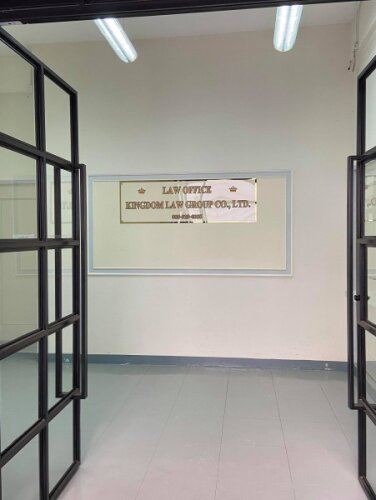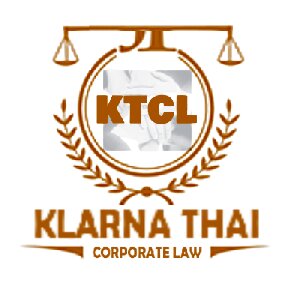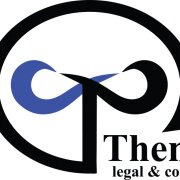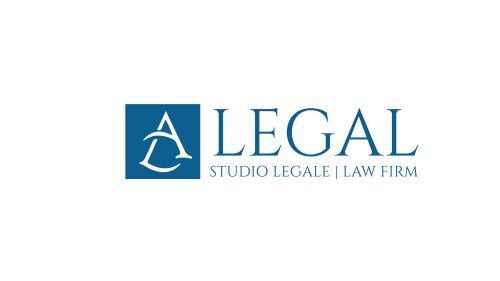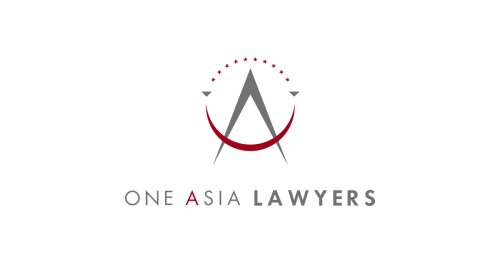Best Communications & Media Law Lawyers in Watthana
Share your needs with us, get contacted by law firms.
Free. Takes 2 min.
List of the best lawyers in Watthana, Thailand
About Communications & Media Law in Watthana, Thailand
Communications and Media Law in Watthana, Thailand, is a specialized field that deals with the regulation of information in print, digital, and broadcast forms. This area of law is shaped by national legislation, such as the Computer Crime Act and the Broadcasting and Television Business Act, as well as local administrative rules and cultural norms. Given the vibrant business and creative sectors in Watthana, including news agencies, production houses, and advertising firms, understanding the legal landscape is crucial. Communications and Media Law addresses free speech, censorship, defamation, data protection, licensing, and intellectual property rights for media professionals, businesses, and individuals alike.
Why You May Need a Lawyer
You may need a lawyer specializing in Communications and Media Law in Watthana for many reasons. Common situations include:
- Facing accusations of online defamation or libel
- Receiving takedown notices regarding social media content
- Dealing with copyright issues or alleged plagiarism in published work
- Navigating licensing requirements for radio, TV, or online streaming platforms
- Responding to government investigations involving digital content
- Understanding advertising standards and restrictions for promotional material
- Starting or operating a communications or media company in Thailand
- Protecting data or complying with privacy regulations
- Managing negative online reviews or false information about your business
- Assisting with drafting, reviewing, or negotiating contracts in the media sector
A Communications and Media Law lawyer can help ensure your rights are protected and guide you through intricate regulations specific to Watthana and the broader Bangkok area.
Local Laws Overview
Watthana, as a key district in Bangkok, falls under Thai national media and communications legislation with some local enforcement nuances. The following legal areas are especially relevant:
- Computer Crime Act: Governs online offenses including unauthorized access, defamation, and the publication of illegal content.
- Digital Economy and Society Ministry Regulations: Impose rules on online businesses, content takedowns, and the handling of complaints.
- Broadcasting and Television Business Act: Regulates TV and radio content, licensing, and ownership issues.
- Personal Data Protection Act (PDPA): Sets standards for the collection and use of personal data.
- Defamation Laws: Thailand enforces both civil and criminal penalties for defamation, including online statements.
- Copyright and IP Laws: Protect original content, including films, articles, photographs, and broadcasts.
- Censorship and Content Restrictions: Includes bans on content considered threatening to public order, national security, or the monarchy.
Understanding and complying with these laws is vital for individuals and businesses operating in the communications and media sector in Watthana.
Frequently Asked Questions
What is considered defamation under Thai law?
Defamation involves making a false statement about a person or entity that damages their reputation. In Thailand, this applies to both spoken and written words, including online comments and posts.
Can I be sued for something I post online?
Yes. Content posted online, including tweets, Facebook messages, blog posts, and comments, can be grounds for criminal or civil defamation suits if they are found to be false and harmful.
Do I need a license to publish news online in Watthana?
A general blog or social media page does not require a license, but running a formal digital news platform may fall under specific registration or licensing requirements, depending on the scope and scale.
How are copyright issues handled in the Thai media sector?
Copyright infringement can result in legal action. Thailand has robust protections under its copyright law, and both local and international works are covered through various treaties.
Is there a right to privacy for people featured in media content?
Yes. Unauthorized use of personal images, voices, or data can violate the Personal Data Protection Act or privacy rights, even if the content is factual.
What should I do if I receive a takedown notice?
Seek legal advice before complying, especially if you believe you have not violated any laws. A lawyer can assess your case and advise on appropriate action.
Are there penalties for sharing false news or rumors?
Yes. Spreading false information that causes public panic or disrupts national stability can result in criminal prosecution under several Thai laws, including the Computer Crime Act.
How strict is censorship in media content?
Thailand maintains strict content regulations regarding the monarchy, national security, and public morals. Violations can lead to fines, imprisonment, or both.
Can foreign nationals run media enterprises in Watthana?
Foreign involvement in media businesses is subject to restrictions and may require specific permits, especially in the broadcast and print industries.
What are my options if defamed online by someone in another country?
You may have recourse through Thai courts if the content is accessible in Thailand and affects your reputation locally. Legal advice is recommended to address cross-border cases.
Additional Resources
If you need more information or assistance, the following resources can be helpful:
- Ministry of Digital Economy and Society
- Office of the National Broadcasting and Telecommunications Commission (NBTC)
- Department of Intellectual Property, Ministry of Commerce
- Thailand Privacy and Data Protection Association (TPDPA)
- Bangkok Bar Association
- Thai Journalists Association
- Department of Provincial Administration, Bangkok Metropolitan Administration (for local licensing and regulations)
Next Steps
If you are facing a legal issue related to Communications and Media Law in Watthana, Thailand, consider the following steps:
- Document all relevant communications, content, or incidents in detail
- Refrain from making further public comments until obtaining legal advice
- Reach out to a lawyer in Watthana with expertise in communications and media law
- Gather contracts, licenses, or correspondence related to your case
- Contact relevant regulatory bodies for guidance if needed
- Stay informed about your rights under Thai law
A qualified legal professional can best help you navigate complex media laws and represent your interests effectively, whether you are a content creator, business owner, or private individual.
Lawzana helps you find the best lawyers and law firms in Watthana through a curated and pre-screened list of qualified legal professionals. Our platform offers rankings and detailed profiles of attorneys and law firms, allowing you to compare based on practice areas, including Communications & Media Law, experience, and client feedback.
Each profile includes a description of the firm's areas of practice, client reviews, team members and partners, year of establishment, spoken languages, office locations, contact information, social media presence, and any published articles or resources. Most firms on our platform speak English and are experienced in both local and international legal matters.
Get a quote from top-rated law firms in Watthana, Thailand — quickly, securely, and without unnecessary hassle.
Disclaimer:
The information provided on this page is for general informational purposes only and does not constitute legal advice. While we strive to ensure the accuracy and relevance of the content, legal information may change over time, and interpretations of the law can vary. You should always consult with a qualified legal professional for advice specific to your situation.
We disclaim all liability for actions taken or not taken based on the content of this page. If you believe any information is incorrect or outdated, please contact us, and we will review and update it where appropriate.



